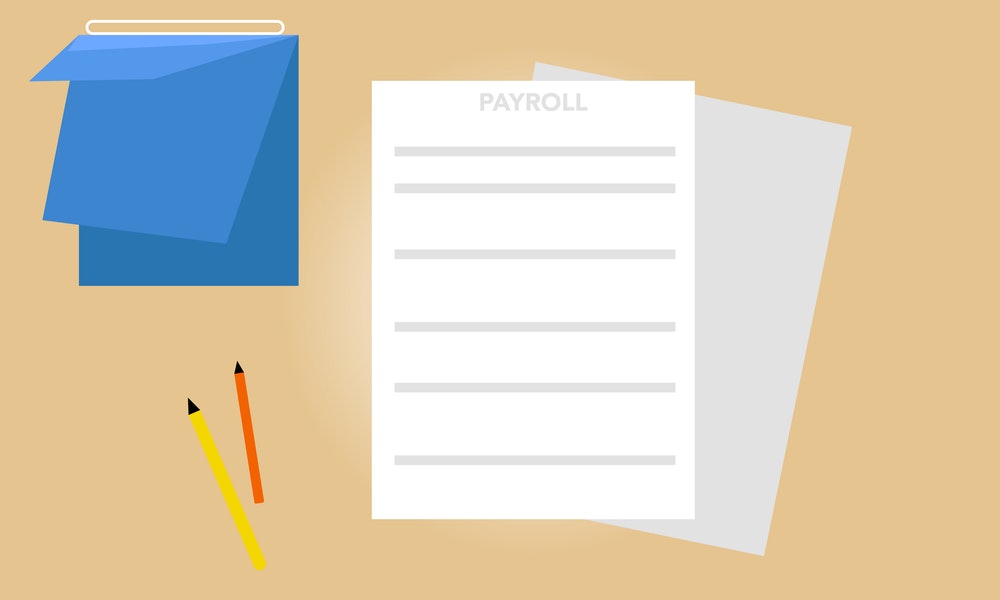Living Benefits
Do you know of anyone who has needed a wheel chair, cane or crutches? You should know that you could have access and be entitled to an immediate cash payout if this ever happens to you!
Search
Do you know of anyone who has needed a wheel chair, cane or crutches? You should know that you could have access and be entitled to an immediate cash payout if this ever happens to you!
Tens of thousands of homes are foreclosed, yearly, due to accidents and tragedies. At Plentii, we can guarantee that you are "safe and secure" in your own home no matter what life throws at you.
Get a professional bookkeeper at a price you can afford, zero learning curve, & a signed financial statement by a CPA! Get Plentii Done Today. We do your Bookkeeping & file your Business Tax Returns!

When setting up a business, it is often easy to make the mistake of not considering payroll and accounting in the same breath. While both are vital, the two are very different and each needs to be looked at separately if you are going to be successful. So, what exactly is accounting and payroll, and what is the best way to approach them?
Accounting is basically the management of resources and finances, which will help manage a business. This is done through reports and tables that show how much money has been spent or earned by the company. The purpose of accounting is to record the company's financial transactions and report any changes that have occurred.
Accounting is the formal procedure of reporting financial information and is important. Without it, businesses would soon become bankrupt and liquidate themselves as the information they needed to stay afloat simply isn't there.
Payroll is very much tied to accounting. When you pay your employees, you are paying them salaries and wages. If you have employees, you need to account for their salaries and their earnings to ensure that you are not losing money on the wages you pay them.
That is why accounting is so important when dealing with payroll expenses. Accounting can also show you how much you are losing if you aren't keeping up with the tax deductions you are entitled to. With Plentii, we take this task off your plate.
So, how does all of this work? Well, you will first need to have a record of all of your payroll expenses. These should include not only the salaries of all of your employees but also include miscellaneous costs, such as vehicle registration and repair, utility bills, taxes, etc. Then, depending upon which payment method you have in place for your employees (paycheck versus direct deposit), you will need to subtract the amount of money your employees take home from their paycheck before they complete their final check.
This final amount is called net income. Your business is then able to deduct the cost of these expenses from the total gross salary it provides to its workers each pay period. You cannot deduct these expenses from the first paycheck, or the second, or any subsequent pay periods. However, if you have taken them out of your last check, then you can do so.

While there are many different ways to calculate these expenses, the easiest is to use the Net Income column found on Schedule C of your personal tax return. The column shows your business's gross income received minus the expenses your business incurred in acquiring and providing to your employees. For instance, if you paid your employees with a check and didn't charge for parking, then you would deduct your parking expenses from gross income.
Similarly, if you paid your employees with a check and charged for meals, then your business would deduct the cost of the employees' meals from its gross income. If, on the other hand, you gave your employees stock options and paid them with a check and didn't deduct the cost of these stock options, then you would remove your stock option expenses from your business's gross income.
Keep in mind that payroll expenses aren't tax-deductible, just like any other expense. You can claim them on your taxes, but you may be held liable for paying taxes for these expenses. In that case, the business will be required to file a Schedule C with the IRS and be subject to an agency audit. So, the sooner you get familiar with the payroll expenses law, the better. You can also let Plentii handle all of that for you.
Get the latest news right in your inbox. We never spam!
Payroll isn't the only expense a business should keep organized. There are also miscellaneous expenses you incur each pay period that is dictated by your business's revenue. Some of these include promotional items, employee discounts for membership in clubs, meals, gasoline, and even certain equipment types. You need to itemize all these expenses to determine whether they're indispensable to your business and whether they're liable to tax deductions. It can be time-consuming and frustrating, but keeping up with the payroll and other miscellaneous expenses is necessary for a business's success. Contact Plentii so that you can focus on running your business instead.
Comments